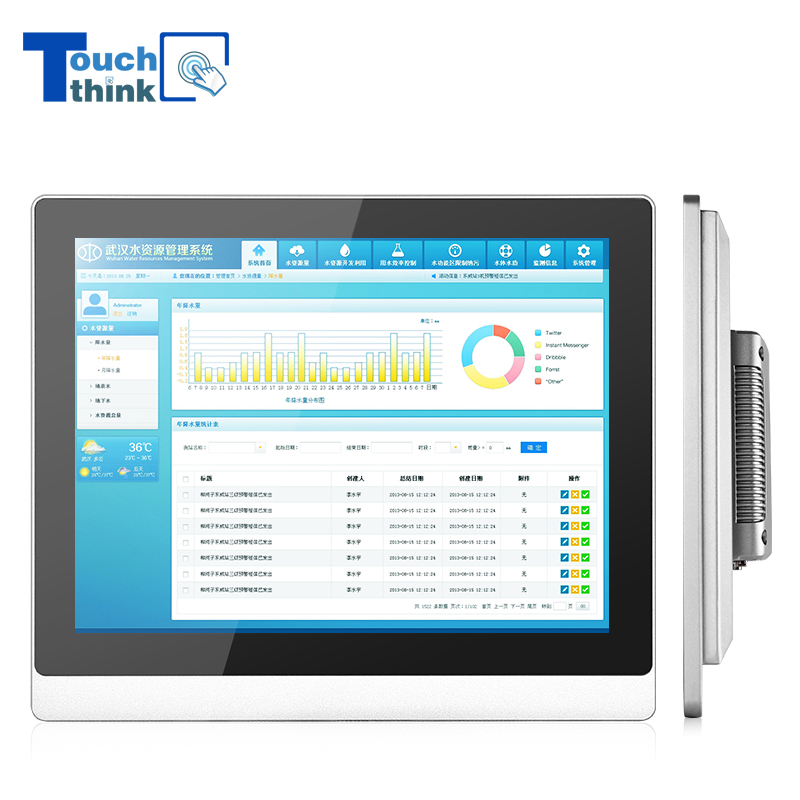What Are the Applications of Industrial LCD Displays?
Industrial LCD displays find multifarious applications across diverse sectors, showcasing their versatility and indispensable role in modern technology. These displays serve as vital components in various industrial settings, owing to their robustness, clarity, and adaptability to demanding environments.
In manufacturing industries, industrial LCD displays play a pivotal role in process monitoring and control systems. These displays provide real-time visualization of critical parameters such as temperature, pressure, and flow rate, enabling operators to monitor production processes with precision. By offering clear and concise data representation, industrial LCD displays facilitate informed decision-making, thereby enhancing operational efficiency and productivity.
Furthermore, the applications of industrial LCD displays extend beyond the confines of manufacturing plants into sectors like transportation and logistics. In transportation, these displays serve as information panels in airports, train stations, and bus terminals, delivering real-time updates on schedules, delays, and routes. Similarly, in logistics, industrial LCD displays are integrated into warehouse management systems to track inventory levels, optimize storage space, and streamline order fulfillment processes.
The widespread adoption of industrial LCD displays in outdoor environments underscores their durability and reliability. With features such as high brightness and anti-glare technology, these displays ensure optimal visibility even in bright sunlight or harsh weather conditions. This resilience makes them ideal for outdoor advertising, digital signage, and public information displays, where visibility and readability are paramount.
The evolution of industrial LCD display technology has been driven by continuous innovation and advancements in materials science and engineering. Manufacturers have developed specialized variants such as ruggedized displays with enhanced shock and vibration resistance, suited for deployment in rugged environments like construction sites and military applications. Additionally, the integration of touch-screen capabilities has expanded the utility of industrial LCD displays, enabling intuitive user interactions and enhancing user experience across various applications.
Moreover, the proliferation of Internet of Things (IoT) technologies has further expanded the horizons of industrial LCD displays. These displays serve as interfaces for IoT-enabled devices, providing users with access to real-time data and control functionalities. Through seamless integration with IoT platforms, industrial LCD displays empower industries to embrace digital transformation and harness the potential of connected ecosystems for improved efficiency and competitiveness.
In conclusion, the applications of industrial LCD displays are diverse and far-reaching, encompassing industries ranging from manufacturing and transportation to outdoor advertising and IoT-enabled systems. Their resilience, clarity, and adaptability make them indispensable tools for modern businesses seeking to optimize processes, enhance communication, and deliver superior user experiences. As technology continues to evolve, industrial LCD displays are poised to play an increasingly pivotal role in shaping the future of industrial automation and human-machine interaction.


Comments
0